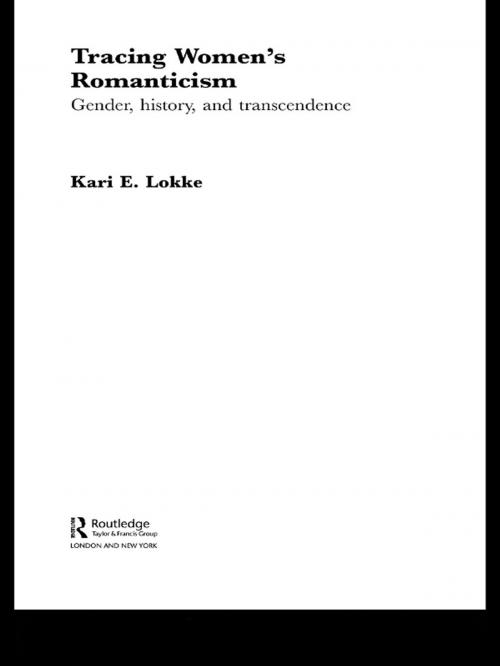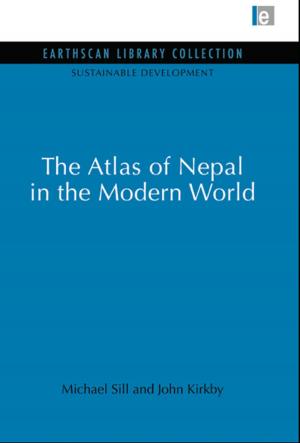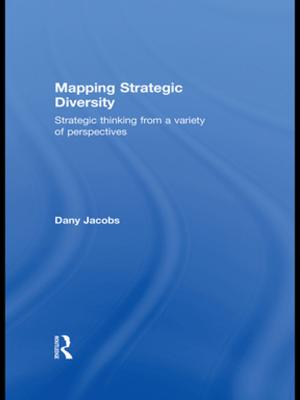Tracing Women's Romanticism
Gender, History, and Transcendence
Fiction & Literature, Literary Theory & Criticism, Gothic & Romantic, Women Authors| Author: | Kari E. Lokke | ISBN: | 9781134300617 |
| Publisher: | Taylor and Francis | Publication: | September 9, 2004 |
| Imprint: | Routledge | Language: | English |
| Author: | Kari E. Lokke |
| ISBN: | 9781134300617 |
| Publisher: | Taylor and Francis |
| Publication: | September 9, 2004 |
| Imprint: | Routledge |
| Language: | English |
Awarded the 2005 Jean-Pierre Barricelli Book Prize by the International Conference on Romanticism
This book explores a cosmopolitan tradition of nineteenth-century novels written in response to Germaine de Staël's originary novel of the artist as heroine, corinne. The first book to delineate the contours of an international women's Romanticism, it argues that the künstlerromane of Mary Shelley, Bettine von Arnim, and George Sand offer feminist understandings of history and transcendence that constitute a critique of Romanticism from within. The book examines meditative, mystical and utopian visions of religious and artistic transcendence in the novels of women Romanticists as vehicles for the representation of a gendered subjectivity that seeks detachment and distance from the interests and strictures of the existing patriarchal social and cultural order. For these writers, the author argues, self-transcendence means an abandonment or dissolution of the individual self through political and spiritual efforts that culminate in a revelation of the divinity of a collective selfhood that comes into being through historical process.
Awarded the 2005 Jean-Pierre Barricelli Book Prize by the International Conference on Romanticism
This book explores a cosmopolitan tradition of nineteenth-century novels written in response to Germaine de Staël's originary novel of the artist as heroine, corinne. The first book to delineate the contours of an international women's Romanticism, it argues that the künstlerromane of Mary Shelley, Bettine von Arnim, and George Sand offer feminist understandings of history and transcendence that constitute a critique of Romanticism from within. The book examines meditative, mystical and utopian visions of religious and artistic transcendence in the novels of women Romanticists as vehicles for the representation of a gendered subjectivity that seeks detachment and distance from the interests and strictures of the existing patriarchal social and cultural order. For these writers, the author argues, self-transcendence means an abandonment or dissolution of the individual self through political and spiritual efforts that culminate in a revelation of the divinity of a collective selfhood that comes into being through historical process.















